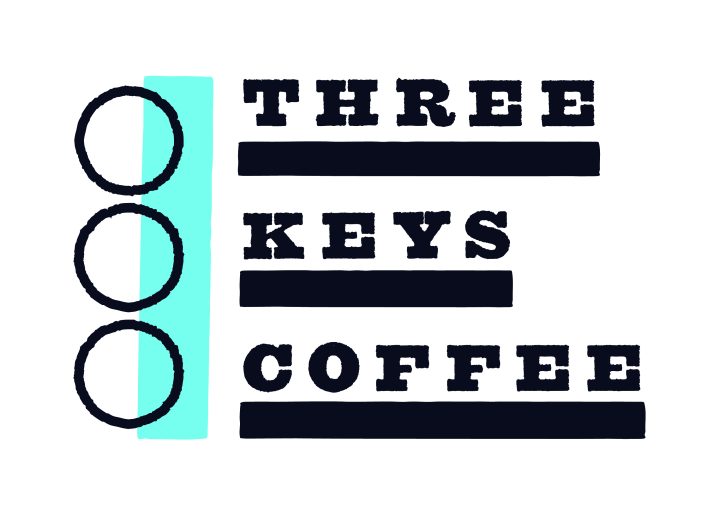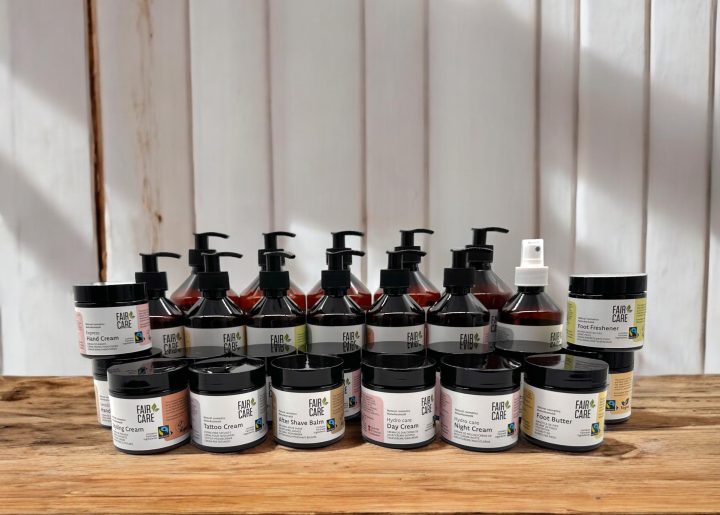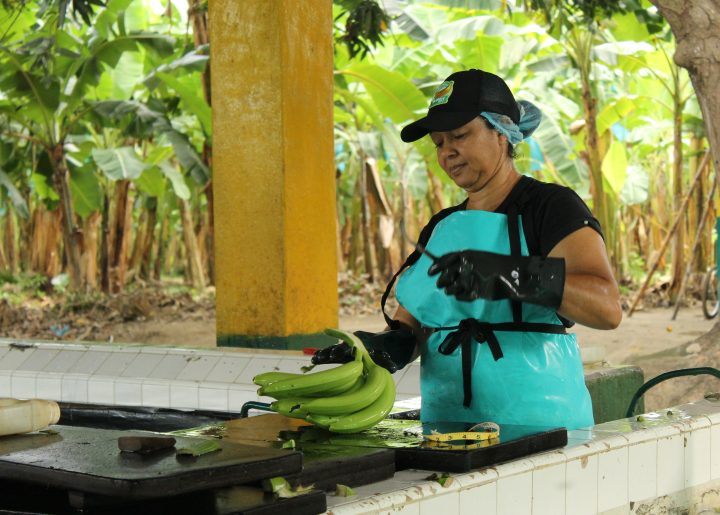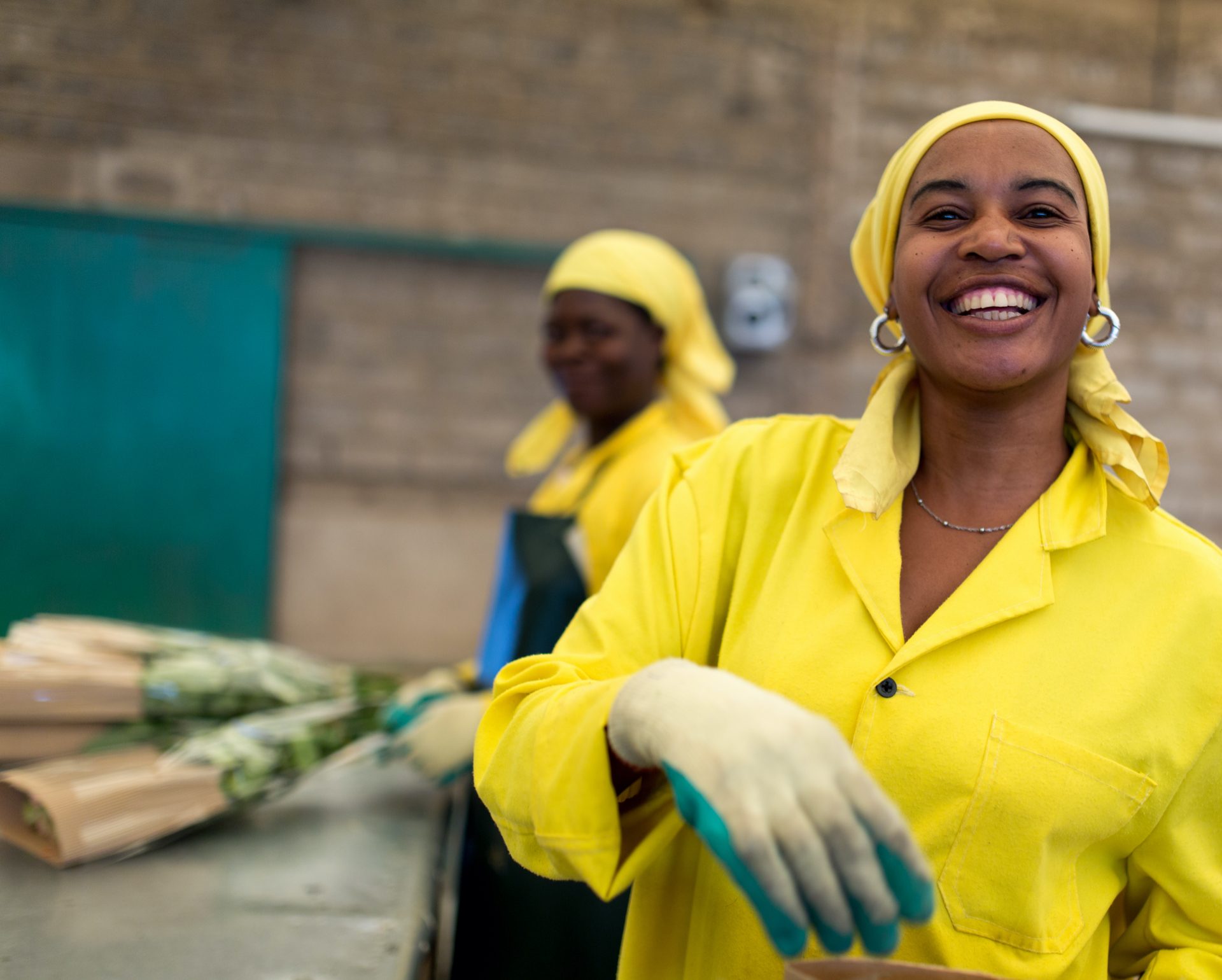Taking Steps Towards Change
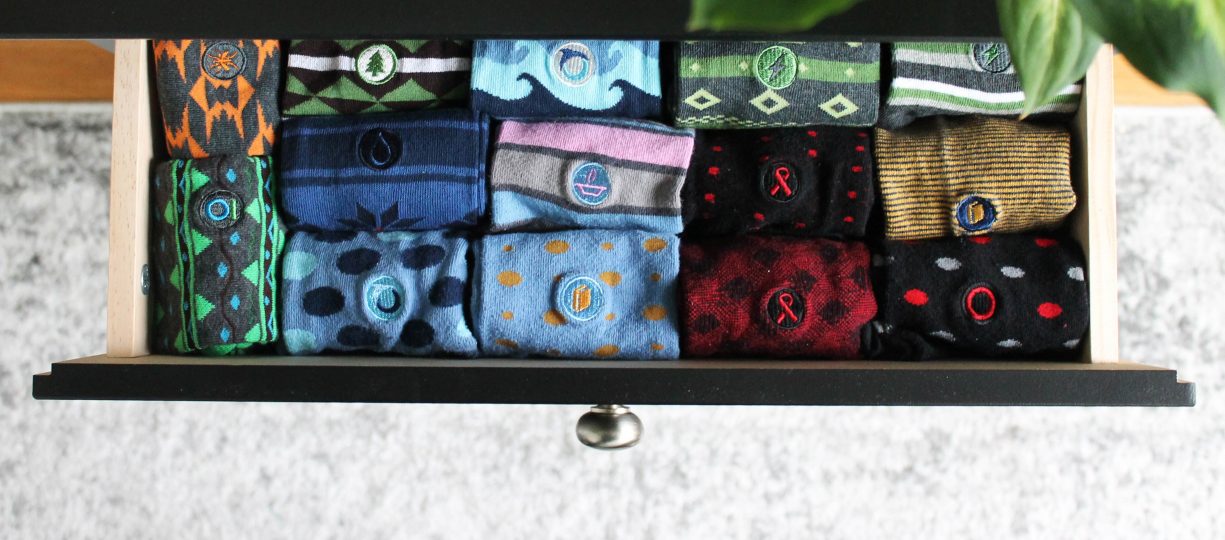
How often do you think about your socks? Are you the type of person who is lucky if she can find two matching ones as she rushes to get dressed in the morning? Or maybe you use your socks to express yourself, adding a pop of personality to your weekday uniform.
For Prashant Mehta, socks have taken on a larger purpose than just keeping his feet covered. We sat down with the founder of Conscious Step, a sock company that gives back to organizations that help the environment and people living in the developing world, to talk about why he chose to certify his product with Fairtrade and why he thinks we should all care about where the materials that make up our products come from.
Where did you get the idea to sell socks that support good causes? Why is it important to you that your socks are certified by Fairtrade?
Prashant Mehta (PM): I’ve always done my best to contribute to the greater good, applying my life-skills and experiences to improve the situation of others. I moved to Sydney after graduating from Bryant University in Rhode Island, and there I began working on a micro-finance project with my close friend and Conscious Step co-founder Hassan. We came up with the idea for our company through our strong passion for philanthropy, inspired by entrepreneurs changing the world.
Hassan went to work for the United Nations World Health Organization where he learned about the UN Global Goals. We wanted to follow this framework to bring the fight against poverty into the mainstream. We wanted to give people a chance to share their stories and create a vehicle for serious issues to engage and inspire a larger group.
Conscious Step was born as a unique way to raise money and awareness for the leading non-profits around the world, and empower people to support these issues in their everyday lives and activities. Fairtrade certification is important to us because it shows our consumers that we care about the treatment of every member of the supply chain, as well the industry’s overall effect on our planet. Knowing how and where the merchandise we support is made, and how it impacts the world around us, is important to us.
Have you ever visited the factories where your socks are made? What about the farms where the cotton is grown? Can you tell us about the lives of the producers who work there?
PM: Yes, we’ve had the pleasure of visiting our current and previous factories and operations. We’ve met and built close relationships with the owners, who have an authentic mission and take a great deal of pride in sourcing for a brand so aligned with giving back. It was also exciting to see that more craft-style work involved women, while men did the heavy lifting and most of the machine operations. The factory is mostly women working to support the local community.
Our packaging supplier also utilizes recycled paper for all our printing, and our hand-crafted boxes continue to receive great feedback. Using only Fairtrade and organic cotton and non-toxic dye adds up to 8 weeks to the yarn making process, but it is worth it to us. Both of our partners are well-known for the work they do in their local communities to support the lives of farmers and workers, both by restricting the use of pesticides, as well as supporting labor organizations. This year will be our fourth trip to India and we look forward to building on our relationships with our suppliers and workers and finding ways to tell the story of their honest work and mission.
How do the producers involved in your supply chain use the Fairtrade premium to benefit their families and communities?
PM: Our producers are fully committed to environmentally responsible practices. They do not use destructive pesticides and fertilizers, opting for organic and sustainable methods. Their techniques ensure the well-being of the ecosystems in which the cotton is grown and the health of the farmers who grow it. They are dedicated to continuously educating and training farmers with the latest methods and practices. They give back to the community through horticulture, planting vegetable and fruit trees, which are sold to the workers at subsidized prices. They also have a water treatment plant, which treats 800,000 liters of water a day, instead of being discharged into rivers and seas at the detriment of the environment.
What advice do you have for other entrepreneurs and business owners who want to make a difference through their companies?
PM: You can only go as far as you choose to educate and challenge yourself. Learn about issues and don’t accept what is mainstream or conventional. In any aspect of entrepreneurship, you can only go as far as you are willing to fail. I would encourage companies to learn about ways to innovate their products as well as look at their supply chain with a focus on people, quality, and sustainability for longevity in today’s world.
Secondly, have a deep understanding for the cause and the solution at hand. While it’s easy to give a portion back to support the world, understanding and educating people on global issues is always the first and most powerful step towards change and unity.
To hear more from Prashant, check out his reflections “Educating the World One Step at a Time” and “Expectations of a Social Entrepreneur”
We’re in this together
Fairtrade America partners with brands on the journey to certification and beyond. We can help with everything from finding a certified supply chain to marketing your newly certified product.
Get in Touch


